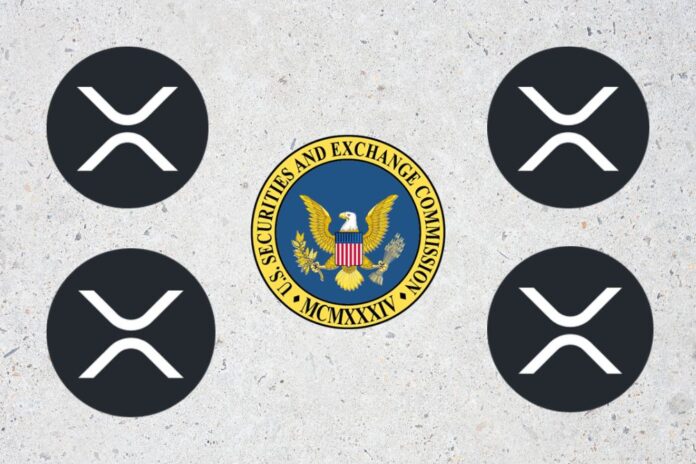Attorney Jeremy Hogan, partner at Hogan & Hogan firm and a pro-XRP lawyer has shared a document that supports that XRP isn’t a security outside its initial investment contract. The document in question relates to a case between Pirani and Slack Technologies where Mr. Pirani argued that Slack’s registration statement was misleading.
The United States Supreme Court issued a final verdict on the Slack v. Pirani lawsuit last week. In its conclusion, the court affirmed that a “security” does not retain its status outside of the initial investment contract.
Read Also: Attorney John Deaton Looks Forward to XRP at $10 Price Once Ripple-SEC Lawsuit Ends
In response, several experts including attorney Hogan submitted that the verdict may revolutionize the game for XRP in the secondary market, redefining XRP’s standing as a security, especially in the ongoing SEC case.
This U.S. Supreme Court case just came out last week. Slack v. Pirani
The case is analogous to XRP in the secondary market if/where the XRP was sold as an "investment contract."
XRP doesn't magically maintain status as a "security" outside the context of the initial "contract." pic.twitter.com/XfHiFoATDs
— Jeremy Hogan (@attorneyjeremy1) June 5, 2023
Recall that the United States Securities and Exchange Commission under the chairmanship of Gary Gensler alleges that XRP is an unregistered security, charging the San Francisco-based crypto solutions Ripple for violating securities law.
According to Hogan, the Slack v. Pirani case is analogous to XRP in the secondary market if/where XRP was sold as an “investment contract.” Citing some statements in the released U.S. Supreme Court document, the top lawyer submitted that “XRP doesn’t magically maintain status as a “security” outside the context of the initial contract.”
Read Also: Ripple Returns Whooping 900 Million XRP after Unlocking 1 Billion Tokens from Escrow: Details
The partner at Hogan & Hogan firm added that he would expect to see the Pirani v. Slack case in a Ripple brief on damages, if necessary, in the ongoing XRP lawsuit. Also, Hogan stated that the case could be referenced in Judge Analisa Torres’ summary judgment if she addresses secondary sales.
On the other hand, an Australian-based pro-XRP lawyer Bill Morgan regretted not knowing about the Pirani case before his debate session with former SEC lawyer Marc Fagel regarding the legal status of XRP.
Which I had been armed with that insight about this new case when I had my last joust with @Marc_Fagel about XRP's status as a securityhttps://t.co/mFU2VIC2vk https://t.co/pDgd5DtqFw
— bill morgan (@Belisarius2020) June 5, 2023
But according to Fagel, the Pirani v. Slack case is not remotely relevant, citing that the Court doesn’t say an asset ceases to be a security but rather it says that at a certain point, an asset is no longer subject to Section 11 of the 1933 Securities Act while noting that liability under the Section 34 of the Securities 1933 Act remains an option.
Follow us on Twitter, Facebook, Telegram, and Google News


